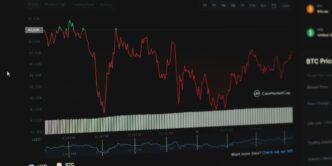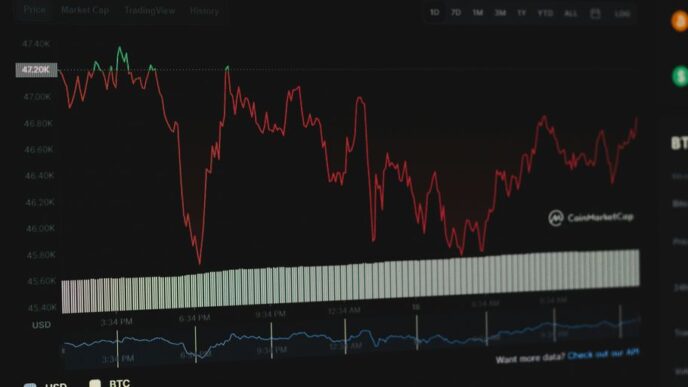Retail technology refers to new technologies used by retailers to improve their business. From check-out to warehouse management, inventory control to in-store fixtures, retail technology encompasses the application of advanced electronic solutions and innovations to retail and e-business practices. The utilization of modern retail technology plays an essential part in customer satisfaction. Customer interaction is always considered the most important factor in any retail business. This is because it is the interaction with the customer that leads to the generation of profit. Thus, any solution or technology used for retail technology should be capable of impressing and facilitating a favorable response from the customer’s end.
One example of the application of modern retail technology is the concept of real-time inventory management. In this system, a bar code is installed in an electronic format so that the machine could determine what product is placed on a shelf. The machine then sorts the items and places them on shelves in an organized manner. In addition, the system also allows store associates to efficiently manage stock levels and thereby perform the necessary task management functions in a hassle-free manner.
Another application of advanced technology in retailing is RFID inventory management. This technology utilizes radio frequency identification (RFID) tags or chips that hold pertinent information about each item. These tags are placed on products in a retail store and it helps the system to track and manage inventory. With this technology, store associates can easily determine product types or areas of specialization.

Other technologies used by retail technology include software and task management technologies. The software is used to maintain and track store operations. Task management uses applications that guide store personnel to perform necessary tasks. As an example, when a particular product is out of stock, the task management software would suggest alternative items that are available in the store. Other task management applications even indicate when employees should be paid and when they should be sent home.
In order for these task management systems to work effectively, retailers must make sure that their associates understand the function of the various technologies. Store associates should be taught how RFID tags work, or how to use software to maintain the organization’s records. They must also be taught how to properly record inventory data so that these data can be easily accessed for billing purposes. For instance, some task management systems are equipped with a program that enables associates to print labels based on the item information programmed into the system.
More people are turning to e-commerce as a means of doing business. While this technology has provided tremendous benefits to retailers, there are still certain issues that have to be addressed to ensure the success of e-businesses. One of these issues is retail technology that is able to provide real-time customer support. This is especially critical for online retail stores that need to respond to questions from customers immediately.












